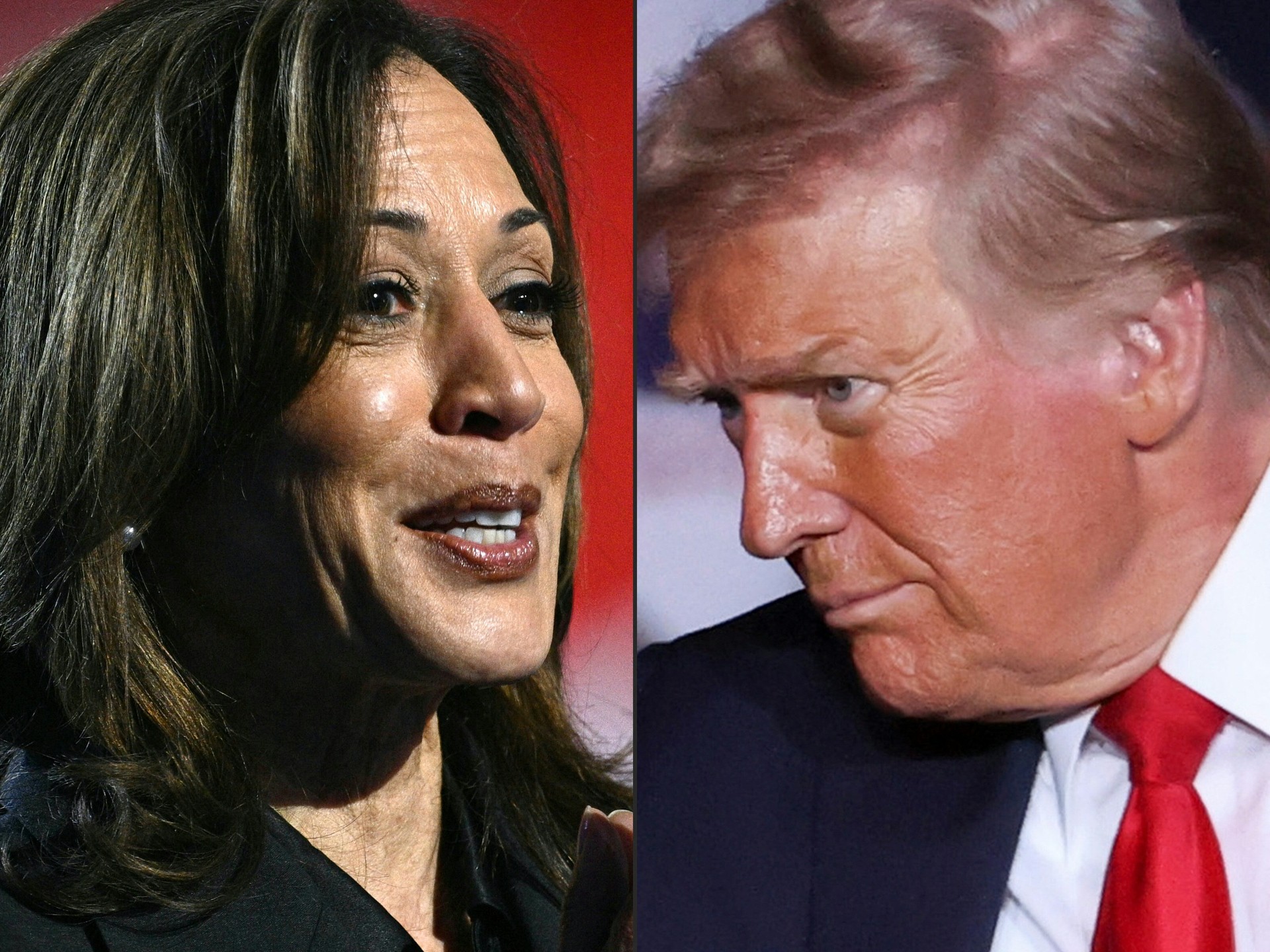
As the U.S. presidential election approaches, world leaders are closely watching the contest between Democratic Vice President Kamala Harris and Republican former President Donald Trump.
Here’s a breakdown of various leaders’ preferences:
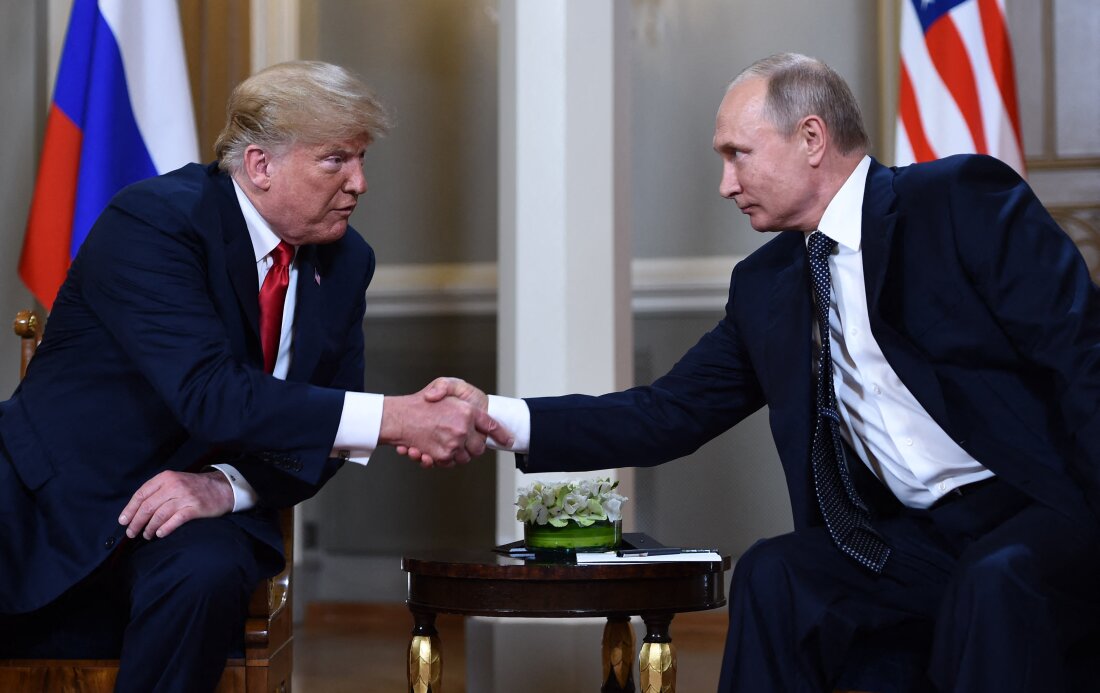
Russian President Vladimir Putin has subtly indicated a preference for Donald Trump, believing that Trump would take a softer approach toward Russia and show less support for Ukraine. Analysts suggest that Trump’s presidency could align more closely with Putin’s interests, particularly in creating discord within the West.
Trump’s historical criticisms of NATO and the EU are viewed favorably by the Kremlin, as they could weaken these alliances and allow Russia to exert more influence in Europe. This could lead to a more favorable environment for Russian geopolitical strategies, especially in Eastern Europe.
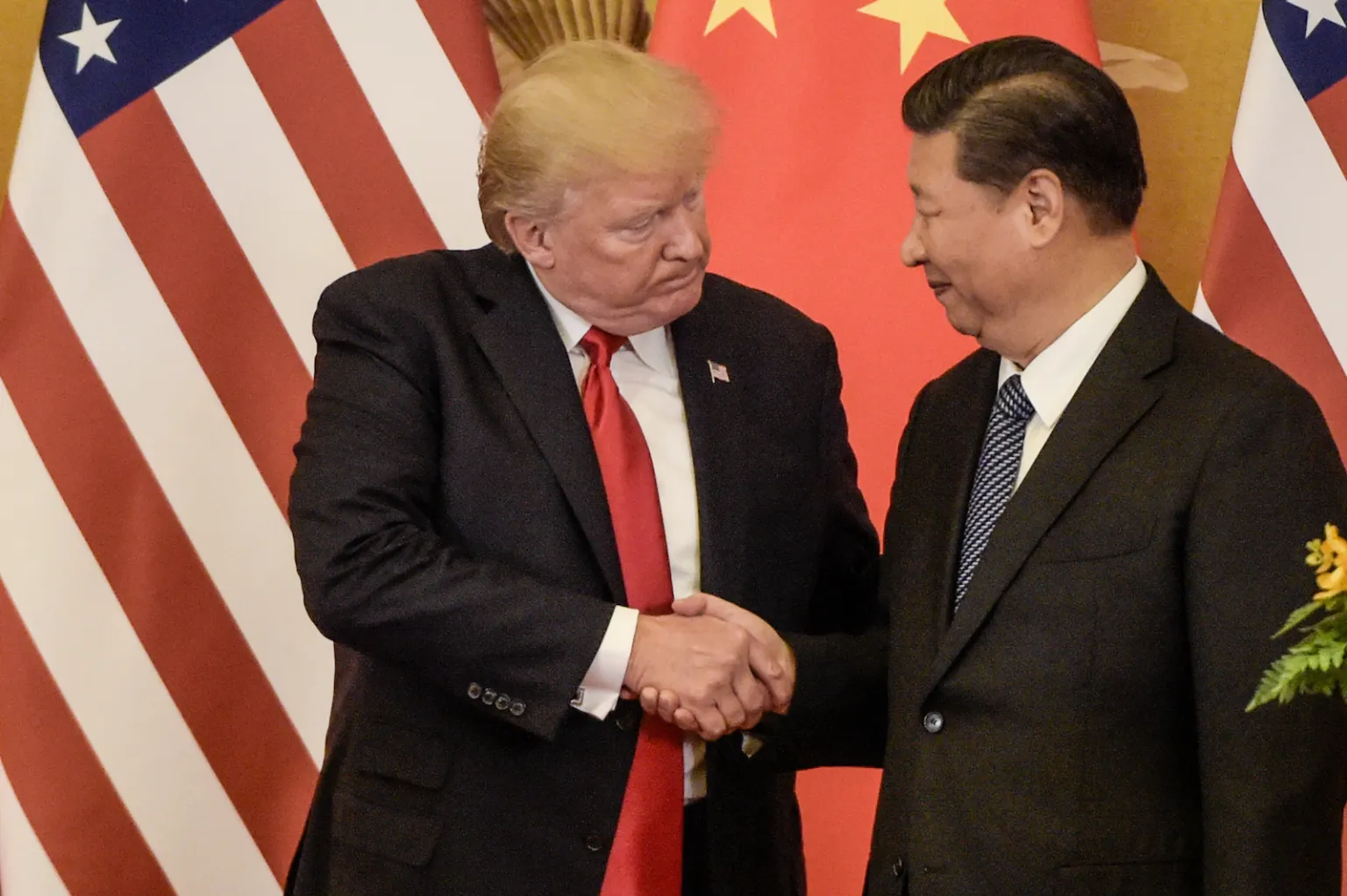
Xi Jinping's position regarding the U.S. election remains ambiguous, yet there are signs that Chinese officials may lean toward Kamala Harris. Harris is expected to continue a more consistent and confrontational policy against China, particularly regarding trade practices and human rights issues.
Despite the trade war that was initiated under Trump, he has often claimed to have a good personal relationship with Xi. However, Chinese analysts are concerned that Trump’s erratic style could create more instability in U.S.-China relations, making Harris’s predictable stance potentially more palatable for Beijing.
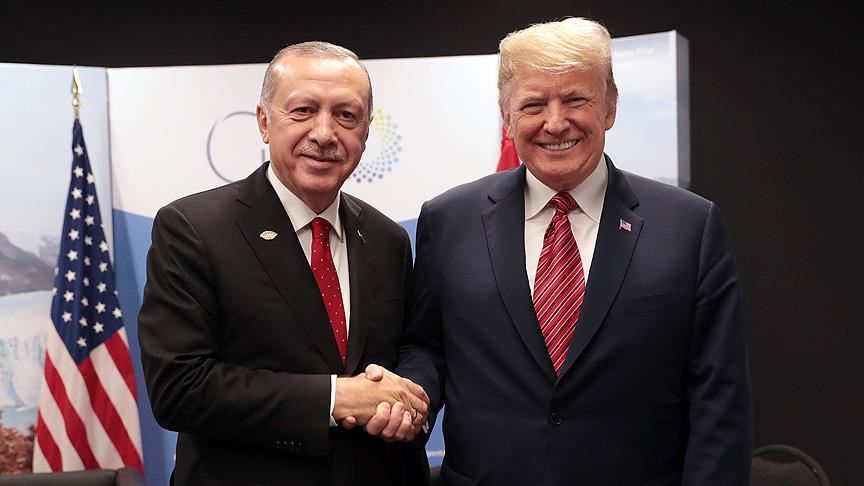
Despite the potential advantages of either candidate, both options still do not present the best scenario for Ankara. If Kamala Harris were to win, Türkiye would likely continue to face a U.S. foreign policy that remains aligned with the Obama administration’s approach, perpetuating existing tensions over issues such as Syria and U.S. support for groups Ankara considers adversarial.
On the other hand, while Trump's presidency appears to promise greater transparency and understandability in U.S.-Türkiye relations, it also carries uncertainties regarding the stability of diplomatic ties and the potential for unpredictable actions. His criticism of the Obama administration's stance on the purchase of the S-400 air defense system and his willingness to consider Türkiye's interests in Syria are seen positively in Ankara.
Furthermore, Erdogan's efforts to strengthen ties with Russia and China, combined with Trump's potential for a more pragmatic foreign policy, could significantly influence Türkiye's future diplomatic direction.
Thus, regardless of who wins the election, Türkiye may find itself navigating a complex and challenging geopolitical landscape with no clear path forward that fully aligns with its national interests.
In this context, Erdogan's support for Trump could be viewed as a step toward normalizing relations between the two countries.
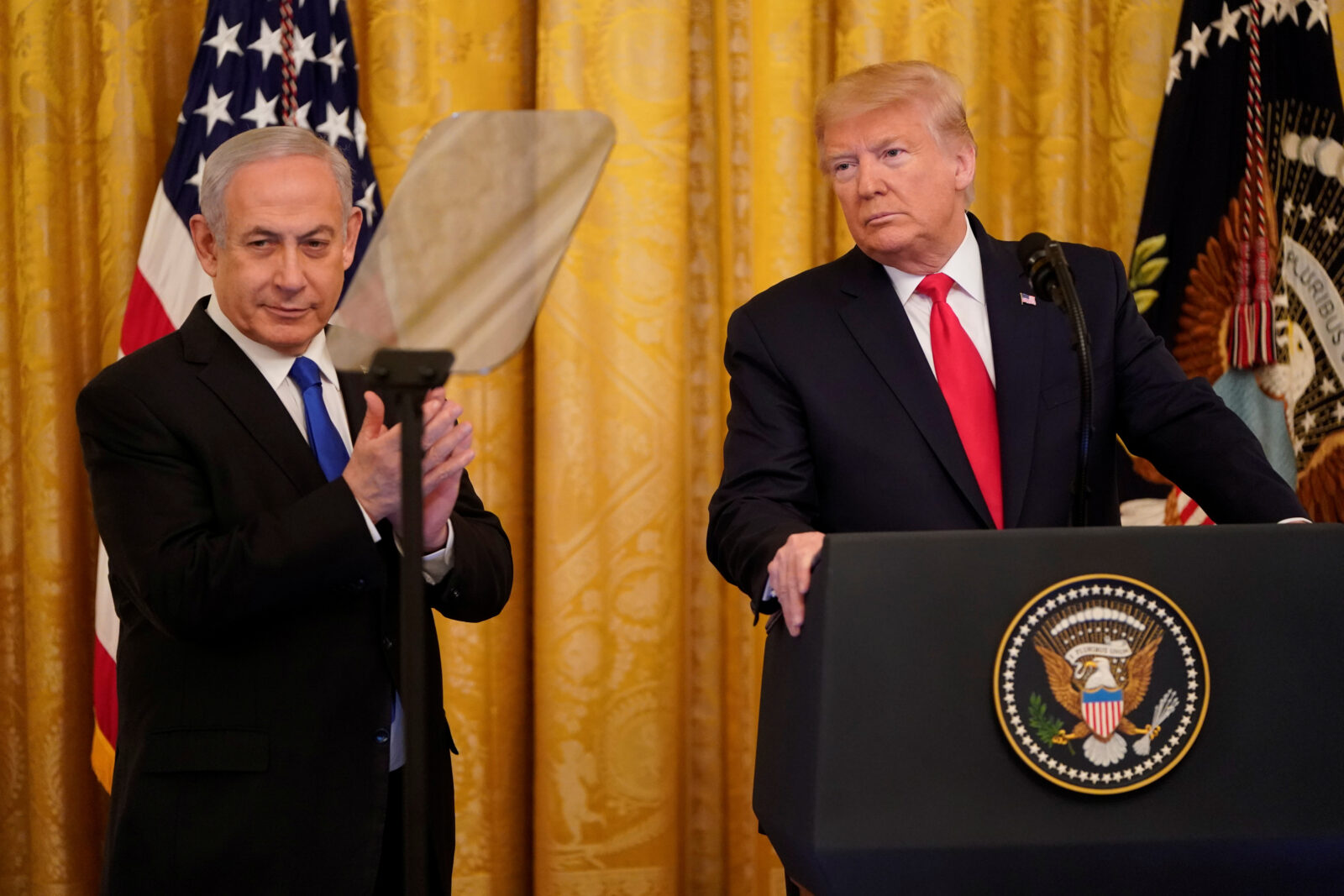
Benjamin Netanyahu, the former Prime Minister of Israel, is believed to have a strong preference for Donald Trump, stemming from their close relationship during Trump’s presidency. Trump’s administration was marked by significant pro-Israel policies, including the recognition of Jerusalem as Israel’s capital and the Abraham Accords, which normalized relations between Israel and several Arab nations.
While Netanyahu congratulated Joe Biden upon taking office, he has actively sought to rebuild ties with Trump, seeing him as a critical ally in countering Iranian influence in the region.
The consensus among many European leaders leans towards Kamala Harris. There is a widespread perception that Harris would continue the Biden administration's foreign policy, which has generally aligned with European interests, particularly regarding NATO, climate initiatives, and support for Ukraine against Russian aggression.
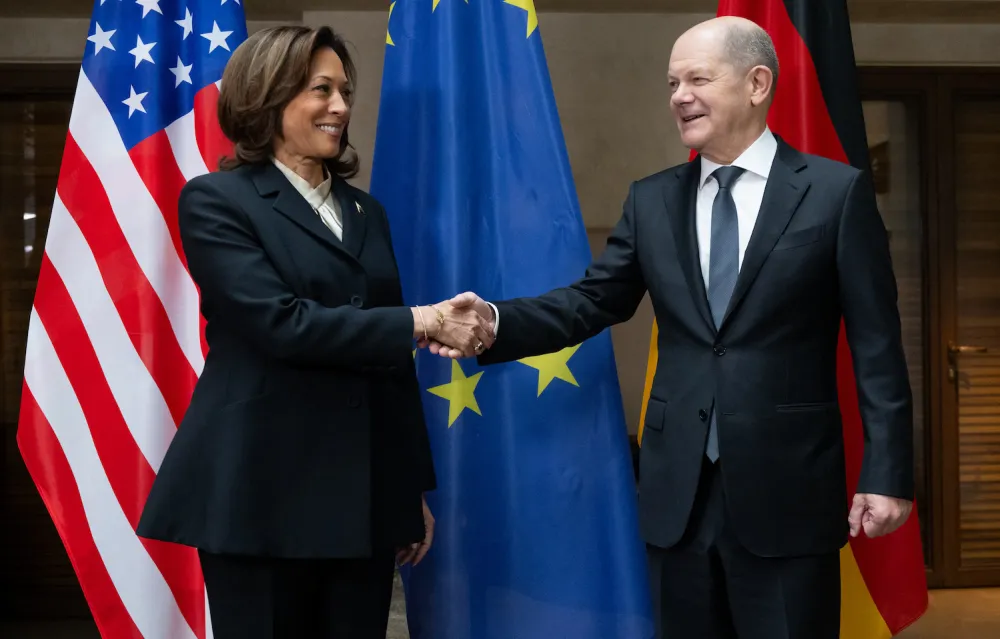
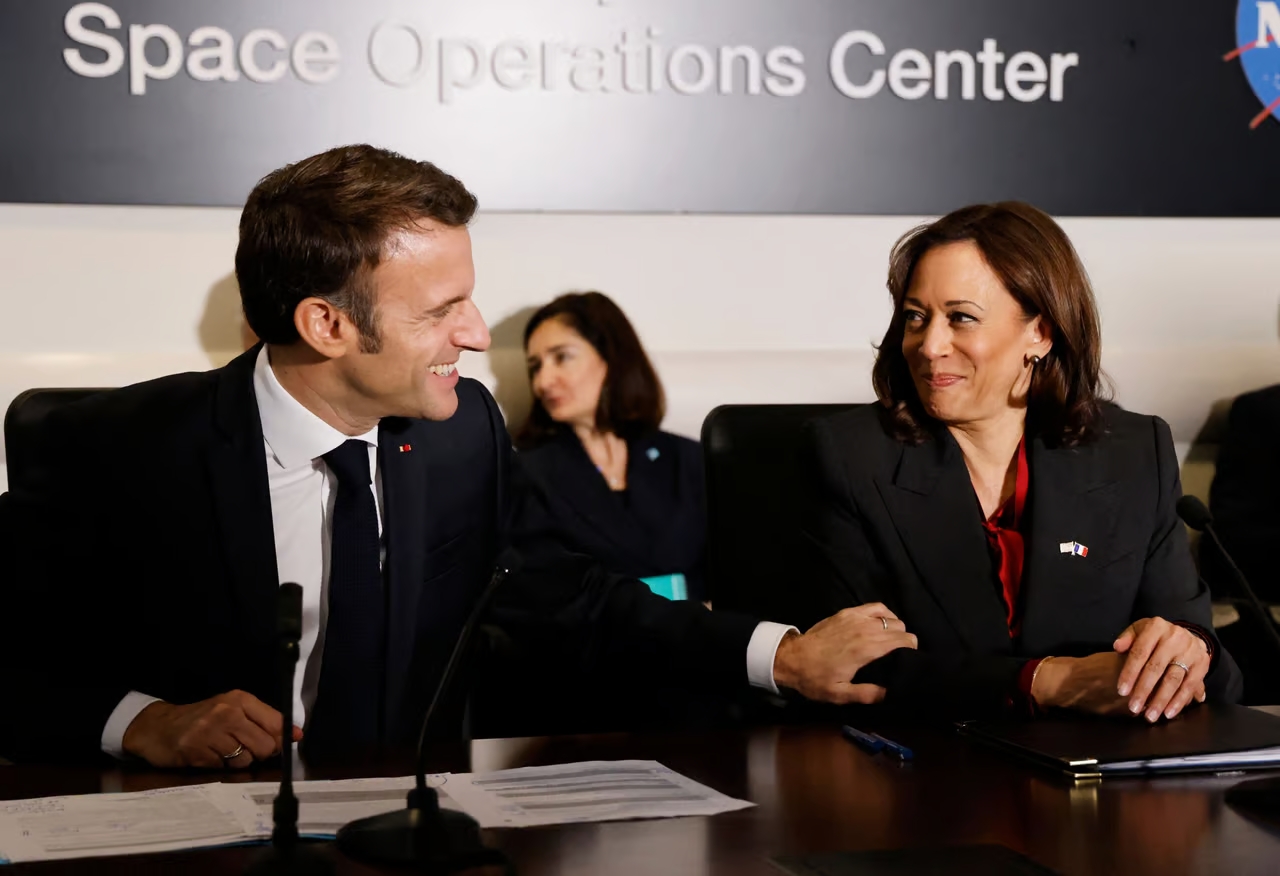
Prime Minister Giorgia Meloni has expressed concerns over Trump’s previous threats to withdraw from NATO and his transactional view of international alliances. In contrast, a Harris administration is expected to continue the U.S. commitment to NATO, providing reassurance to European allies about American support in the face of Russian aggression.
Leaders from Sweden, Norway and Denmark have shown a preference for a Harris presidency, viewing it as a means to reinforce commitments to NATO and European defense initiatives. The Scandinavian countries prioritize climate action and are wary of Trump’s fossil fuel-centric policies, which could undermine joint efforts in climate change mitigation.
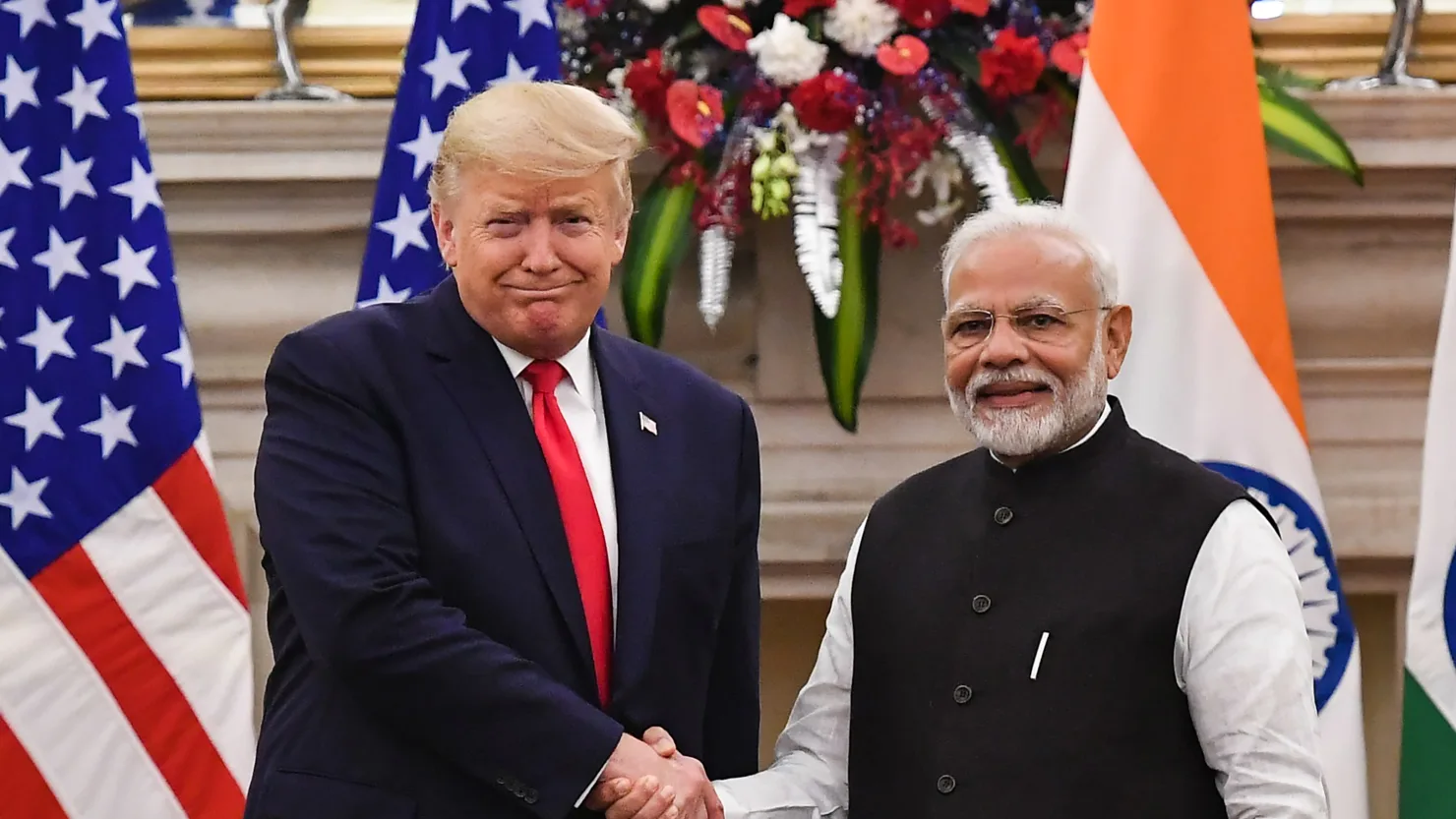
Narendra Modi, the Prime Minister of India, has adopted a neutral stance in the election, recognizing the potential benefits of both candidates. During Trump’s presidency, Modi cultivated a close relationship with him, particularly in areas like defense and trade.
However, a Harris presidency may also appeal to Modi as it suggests continuity in U.S.-India relations, which has strengthened in recent years. India values a strong partnership with the U.S. for its strategic interests in the Indo-Pacific region, and either candidate could offer opportunities for enhanced collaboration.
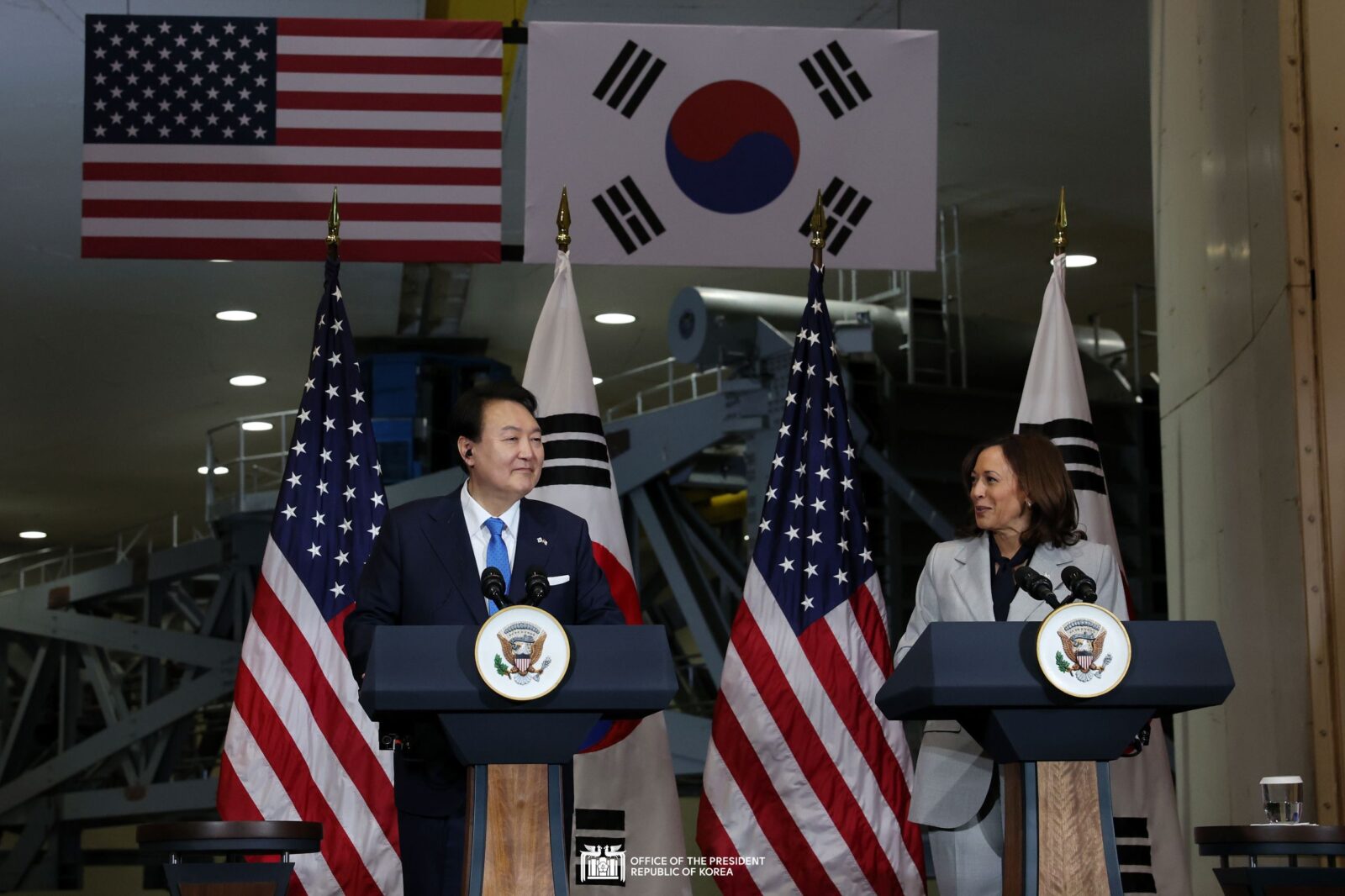
President Yoon Suk-yeol of South Korea has refrained from openly endorsing either candidate, but analysts suggest that a Trump victory might lead to a more transactional relationship between the U.S. and South Korea. Under Trump, there were tensions regarding defense costs and trade negotiations. In contrast, a Harris presidency could result in a more stable and cooperative bilateral relationship, focusing on security concerns, especially regarding North Korea. South Korea is keen to maintain strong ties with the U.S., and a Harris administration might align more closely with South Korea’s interests in regional stability.
Japanese officials have historically built relationships with Trump’s administration, with former Prime Minister Fumio Kishida navigating the complexities of U.S.-Japan relations during Trump's tenure.
However, if Trump were to return to office and prioritize domestic issues, it could pose challenges for Japan, which relies heavily on U.S. security guarantees. A Harris presidency is likely to maintain the current administration's policies, which would be more consistent and predictable. This could be beneficial for Japan as it seeks to enhance its own defense capabilities and strengthen ties within the Quad Alliance. New PM Shigeru Ishiba is among those eagerly awaiting the results of the U.S. elections.
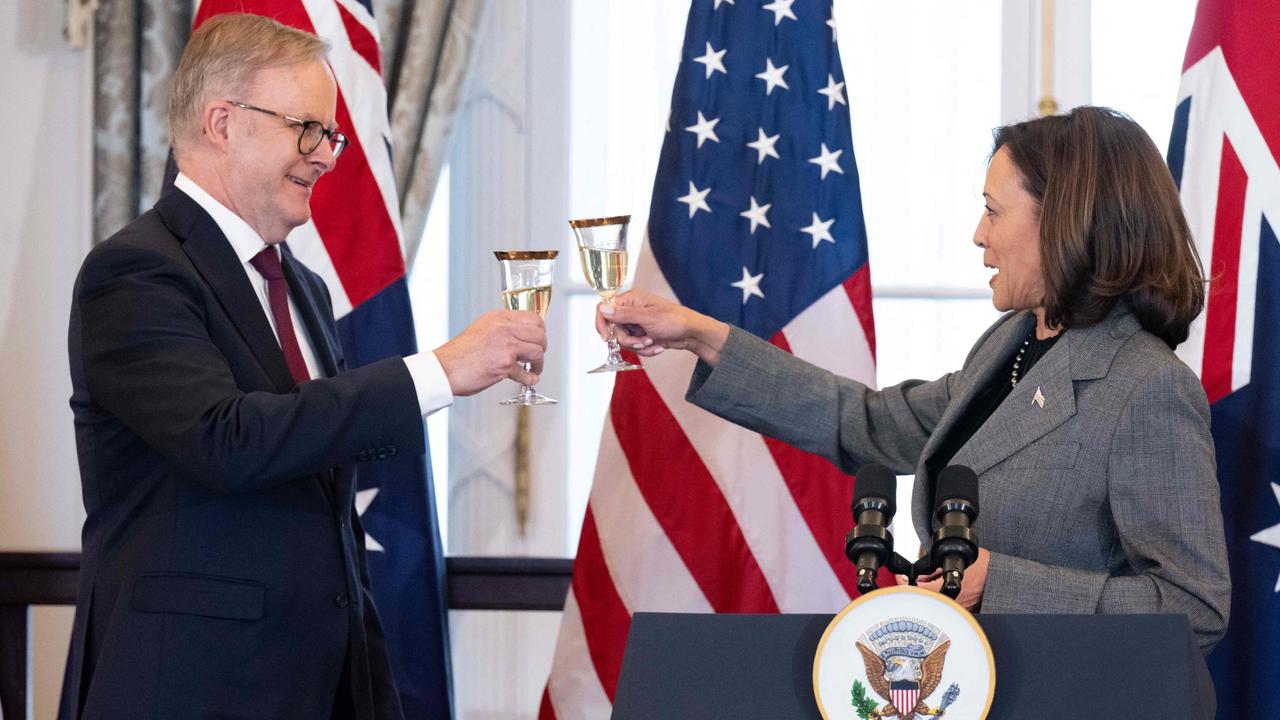
In Australia, there are significant concerns regarding a potential Trump victory, particularly related to his stance on climate policy and trade relationships with China. Prime Minister Anthony Albanese has emphasized climate change as a critical issue for Australia, and Trump’s previous withdrawal from international climate agreements has raised alarms.
Australian officials worry that a Trump administration could jeopardize Australia’s economic interests, especially given its trade dependence on China. Conversely, a Harris presidency might be seen as more favorable, as it is expected to prioritize international cooperation on climate issues and maintain strong trade ties.
As the United States gears up for its highly contested presidential election on Nov. 5, 2024, the pivotal question remains: who will emerge victorious? Vice President Kamala Harris, facing a struggling campaign and recent interview missteps, has seen former President Barack Obama step in to support her efforts. Meanwhile, President Joe Biden's declining health and 57% disapproval rating complicate her attempts to establish a clear policy direction. With top European Union officials already strategizing for a potential Trump presidency, the stakes are high, making this election a critical moment for both domestic and international affairs.